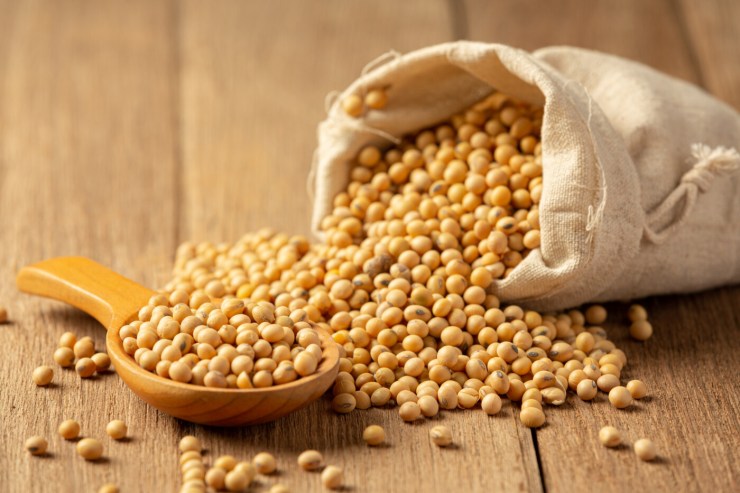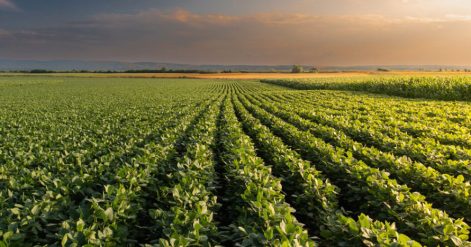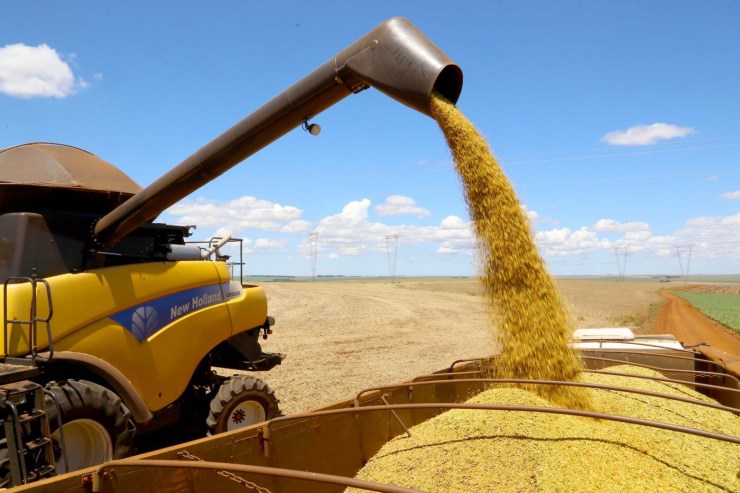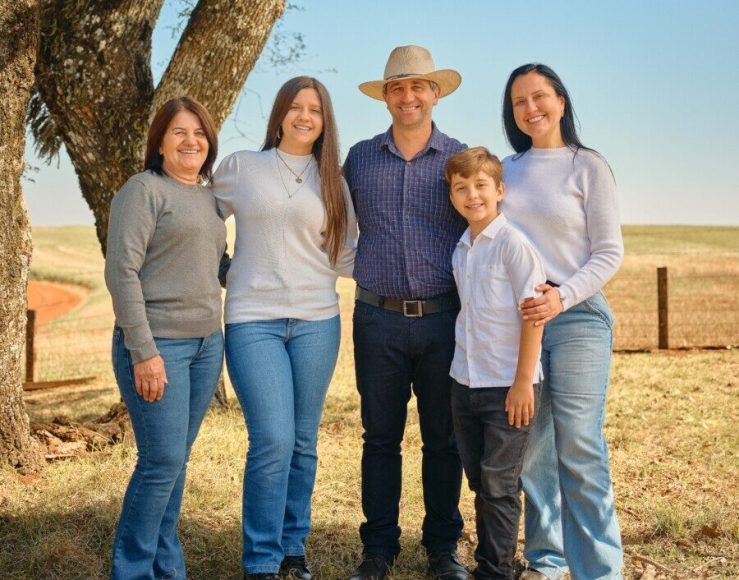In a strategic moment for the non-GMO soybean chain in Brazil, the Instituto Soja Livre (ISL) will inaugurate its new board of directors for the 2025/2027 biennium this Friday (1st), at 7:30 am, in Cuiabá, Mato Grosso. The event marks the beginning of a management team that assumes the mission of strengthening and expanding a segment that, although representing only 1.2% of the total area planted with soybeans in the country, is highly relevant to demanding markets, such as Europe.
Currently, conventional soybeans occupy 542,900 hectares in Brazil, a figure that could fall further given the projection of a smaller harvest 30%. Despite this, the state of Mato Grosso, traditionally a leader in GMO soybean production, also leads in GMO-free soybean production, with 273,600 hectares in 2024/25. Together, Paraná, Goiás, Minas Gerais, Mato Grosso do Sul, and Mato Grosso itself account for more than 90% of national conventional production.

Photo: Shutterstock
Leading the new board is Luiz Fiorese, who sees strengthening the organization of the production chain as a priority. "It's a major challenge to organize the non-GMO soybean supply chain in Brazil, from the producer to the industry and consumers in Europe, which is the main destination for our product," he states, emphasizing that it's essential to connect producers to this market and provide security to foster production.
Among the main bottlenecks is the lack of long-term contracts, which would provide stability and confidence for producers to invest in conventional soybean cultivation. According to Fiorese, securing this type of agreement with European purchasing industries is crucial to increasing farmer adoption and reducing the risks involved.
In addition to Fiorese, the new ISL board will consist of Vice President Evandro Gianezini, Administrative Director Elton Hamer, Technical Director Sebastião Pedro, Financial Director Marcelo Calzerani, and Director of International Relations Guilherme Thomazi. The Fiscal Council will be composed of César Borges, Diogo Balistieri, Rodrigo Brogin, Odilon Lemos, Francisco Soares, and Marcos Borges.
With the new management, the Instituto Soja Livre reinforces its commitment to the valorization of conventional soybeans, seeking to guarantee competitiveness for Brazilian producers and consolidate the country as a reliable supplier to markets that demand traceability and the absence of GMOs.





